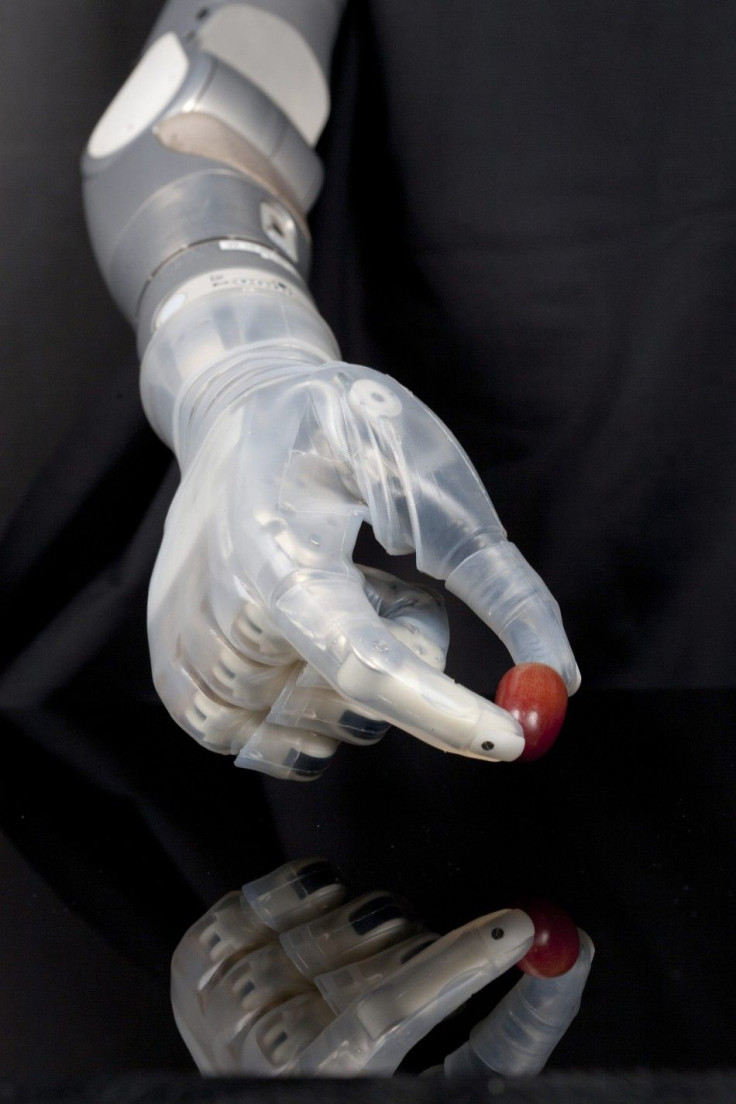New FDA-Approved 'Star Wars' Prosthetic Arm Soon to Hit Market [VIDEO]

The U.S. Food and Drug Administration (FDA) has approved the sale and distribution of the "DEKA Arm System."
The DEKA system is a robotic prosthetic arm that can be controlled using electrical signals connected to the wearer's muscles. Product developers hope that the "cyborg-inspired" arm will very soon become a truly commercial product.
The DEKA system, also dubbed as the "Luke" for Star Wars' Luke Skywalker, will allow amputees to perform tasks and complex actions. According to the tests, users of the DEKA system can perform activities that they won't be able to do with normal prosthetics. The DEKA arm enable the participants to feed themselves, use keys and locks and do most household tasks.
The DEKA arm showed very promising functions. Users do not need to worry about their shoulder, arms and hands as the Luke will work smoothly.
"What sets the DEKA Arm System apart from other prosthetic arms is that it is the first to have the capability to perform several movements at a time using electrical signals generated by the contraction of the muscles near the area where the artificial arm is attached. The electromyogram (EMG) electrodes send the electrical signal to a computer processor within the system where it is converted and used to power and control up to 10 movements," Tech Times reported.
The DEKA system has a limitation regarding the patients who want to use them.
"The commercial roll out of the advanced prosthetic will be good news for everyone from injured military veterans to victims of accidents. However, the Deka Arm does not work for those with limb loss at the elbow or wrist joint," Mashable reported.
As exciting as the news can be for many, the DEKA system still has to find a partner to produce and distribute its product.
CREDIT: DARPA Defense Advanced Research Projects Agency/YouTube




















